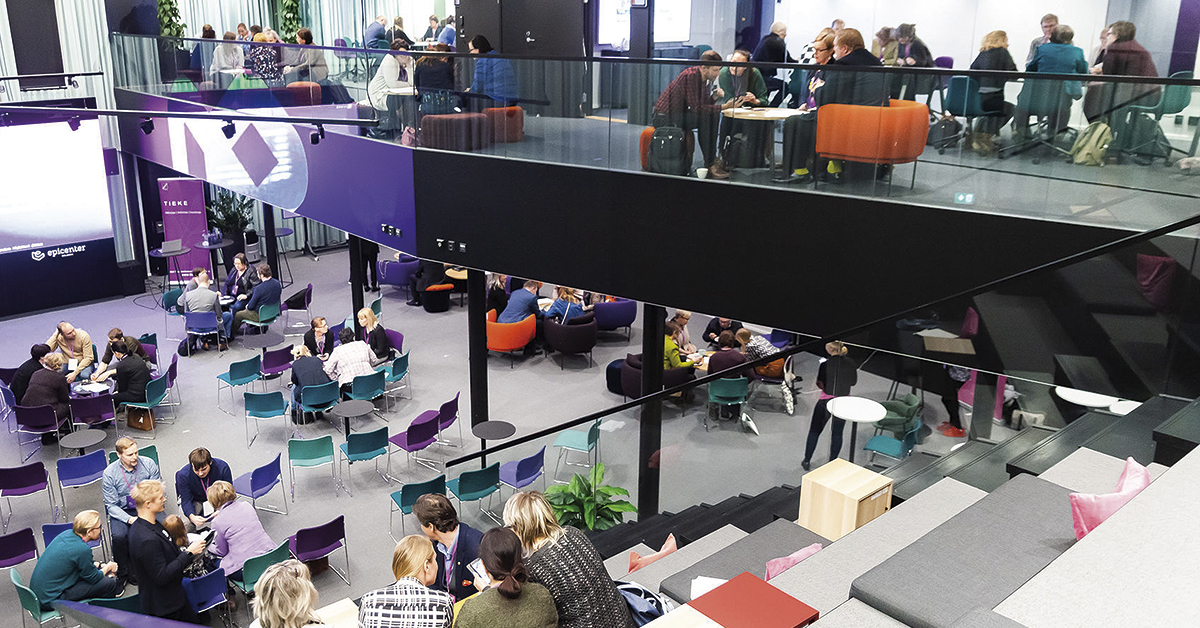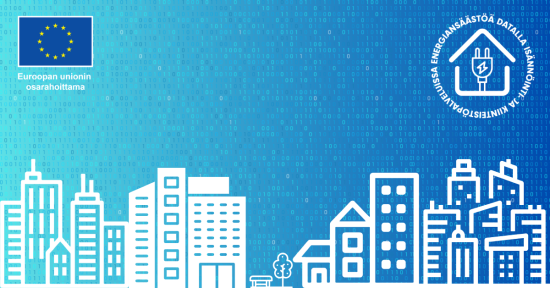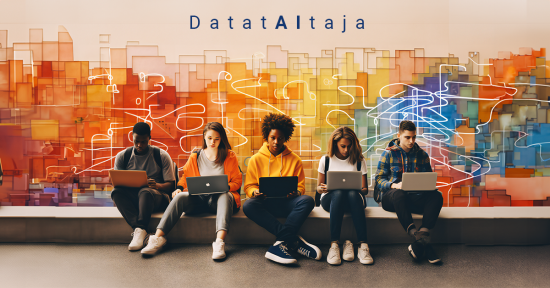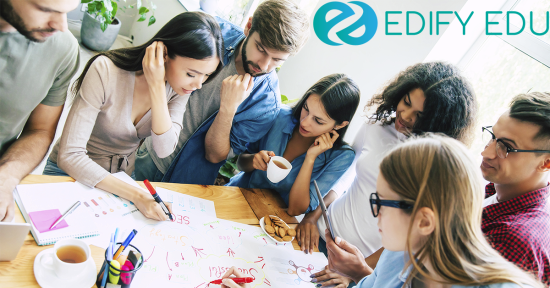Cutting-edge devices and software don’t bring us happiness, but platforms enable learning, collaboration and encounters in a variety of ways, both in workplace communities and with customers.
We need community spirit and mutual recognition, meaningfulness, trust and transparency.
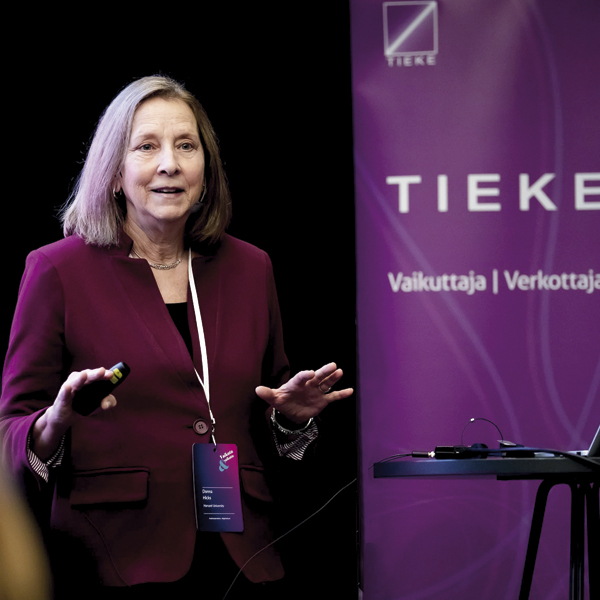
“When we treat each other with respect, we increase wellbeing. At work, this is also a question of productivity and commitment.
When people treat each other with appreciation and have a common goal in mind, they are willing to commit themselves.
The digital age requires a certain level of awareness, because it is much easier to offend people online than face-to-face.”
Donna Hicks, Weatherhead Center for International Affairs, Harvard University
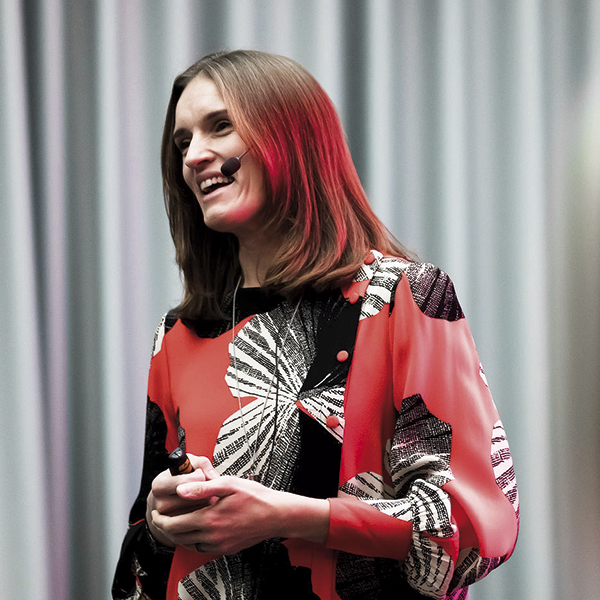
“A large number of people who think differently does not automatically translate into improved business. Participation is not just about stating an opinion, but involves willingness to examine diverse perspectives and grow social capital. We cannot have a shared reality without truly encountering ourselves and others.”
Outi Sivonen, Solita
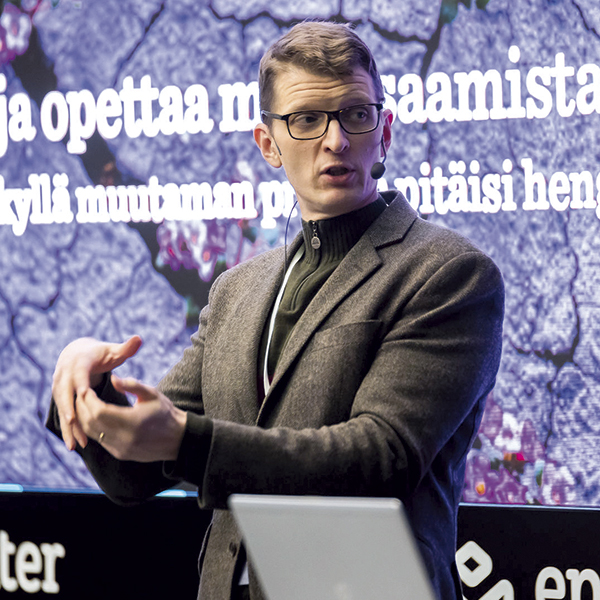
“We need specialists in soft skills in our professional lives. We all need empathy, communication skills and bravery, but a special place is reserved for experts able to bring different people and skills together, see the big picture and act in situations where the path ahead is unclear.”
Risto Sarvas, Aalto

“Learning design thinking helps companies to make use of digital learning environments. Linking accumulated data to competence development helps to bring the most relevant content directly to the learner. With artificial intelligence, we are aiming at the best and most effective learning experience possible.”
Vesa Perälä, Clanded
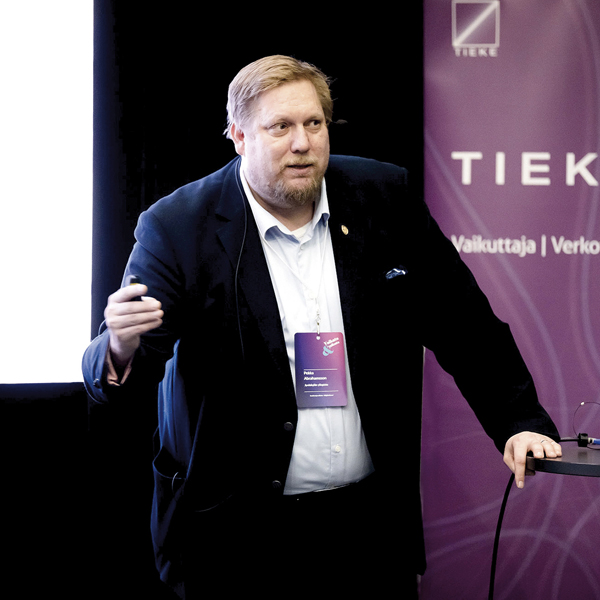
“The fact that it took almost 30 years for television to reach 50 million users, but just 19 days for Pokemon Go, indicates the pace of the change underway. In a sense, forecasting the next five years is both sensible and feasible. After that, the margin of error increases, as it does when forecasting the weather for the end of the week.”
Pekka Abrahamsson, Jyväskylän yliopisto
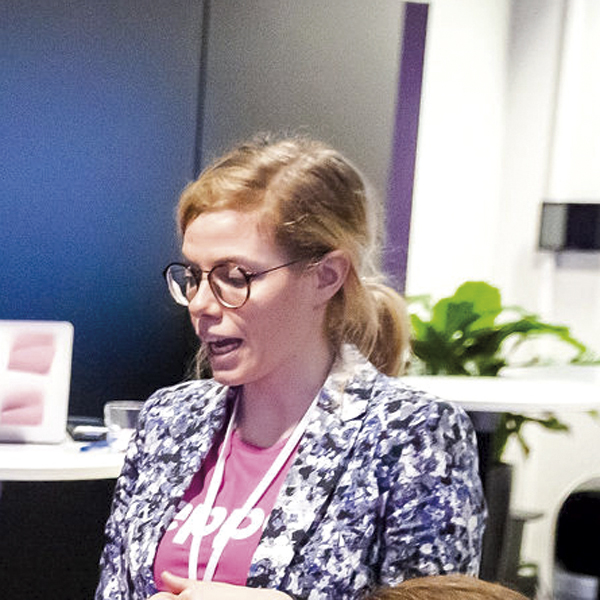
“In the afternoon, the participants departed with admirable enthusiasm for getting to grips with gamified learning. In the Seppo environment, we worked together on identifying metaskills and organisational communication, as well as making new acquaintances with co-players. My sincere thanks to all who took part.”
Henrietta Lehtonen, Seppo
Culture and humanity.
Technology and digitalisation.
Know-how.
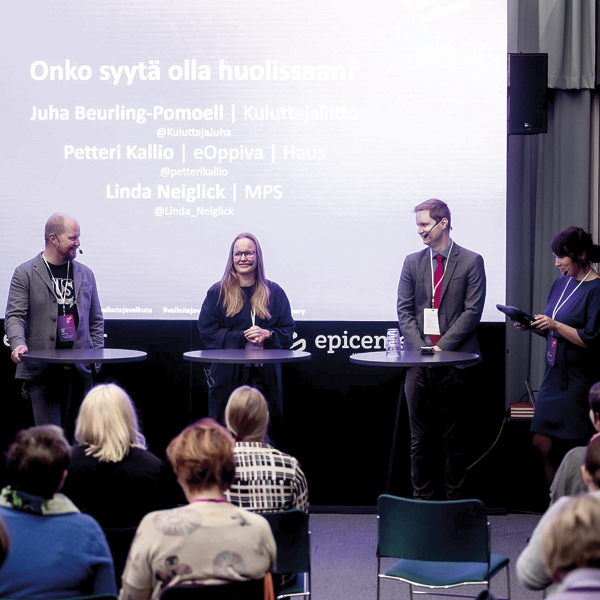
At the Vaikuta & Vaikutu panel, Juha Beurling-Pomoell of the Consumers’ Union of Finland, Petteri Kallio of eOppiva, Haus, and Linda Neiglick of MPS reflected on the various dimensions of a learning digital culture. The discussion was led by Hanna Niemi-Hugaerts of TIEKE .
The panel agreed that there is much data, but too few interpreters. Artificial intelligence is used to nudge we consumers in the desired directions. Data could also help us see how we’re being ‘nudged’. In terms of skills, AI should make it easier for us to see what we should learn next. As online training has increased, we have also learned to appreciate face-to-face encounters more.
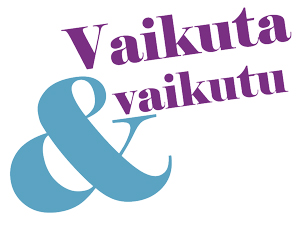 Vaikuta & vaikutu -event
Vaikuta & vaikutu -event
Vaikuta & vaikutu (∼Have an impact & get impressed) is an event and meeting point for professionals excited to learn more about human organizational culture and competence development.
At the event you meet decision-makers and experts in human resource management, management of educational institutions and organizations and a wide range of other designers and developers of learning, work communities and digital skills.

